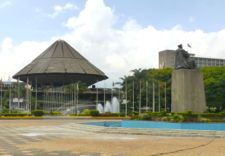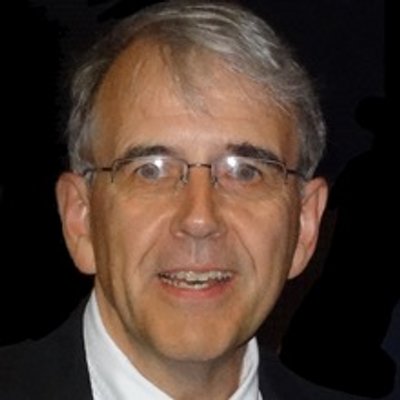Bringing Physicians Togther in East Africa
Nairobi, Kenya to Istanbul, Turkey – I arrived just after 3 AM. Th

e cloud cover was close to the ground and leaving the airport I was enveloped in a damp atmosphere. The day before had seen some of the first rain after a long dry period. I asked the taxi driver whether the meeting venue was close to my hotel. He said it was within walking distance and he would show me when we passed by.
In the dark of the night the Kenyatta International Conference Center looked a bit like a space ship that had been forgotten by extraterrestrial invaders in the 60s. Our President, Dr. Margaret Mungherera, had taken advantage of an ongoing meeting, the Medic Africa Conference, to convene the first WMA East African Forum on November 6th, 2013 in Nairobi. With representatives of the medical associations from Burundi, Kenya, Rwanda, Somalia, South Sudan, South Africa, Tanzania and Uganda participating, the meeting brought together both representatives of WMA members, as well as those from medical associations that have not (yet) joined us. Dr. Mungherera stressed the necessity to cooperate on the national, as well as the regional and global level. Our problems as doctors have no borders – our cooperation should have no borders either.
The group gave me an opportunity to present the activities of the World Medical Association, stressing our work on medical ethics, social factors related to health and medicine, and the advocacy and educational work we do. The discussion revealed what many of our colleagues in Africa see as the most pressing problem: Most African countries suffer severely from an emigration of health professionals, especially physicians. Insufficient pay, a lack of proper working conditions, including available instrumentation and medications for patients, limited educational and career opportunities, bad living conditions and workplace violence force many doctors to leave their countries to seek better futures for themselves and their families. While the ratio of physicians to the population is as high as 1 physician per 250 inhabitants in some European areas, in Africa it can be as low as 1 to 50,000 (World Health Report 2006 for Malawi).
Another thing also became very clear: Organized medicine seems to be a luxury. But actually the discussion demonstrates that organized medicine – giving doctors a voice – is direly needed. Without physicians being organized, working conditions, and therefore also patient treatment and public health, will not improve. To help physicians to stay resilient, they have to have an organization, a voice. However, in parts of Africa this is more than difficult, sometimes it is even dangerous. Some report that their fellow leaders have been incarcerated just because they did not stop a doctors’ strike – not that they organized it, others said they had to leave the country because they felt personally endangered. Margaret Mungherera and Andris Stulting from the South African Medical Association encouraged them to stay connected and to cooperate in order to build strong medical associations. The president of the Rwanda Medical Association reported on their twinning project with a young doctors group from Denmark and the Danish Medical Association, which has helped them to build an association, thereby better serving the interests of the Rwandan doctors.
23 hours later I was back at the airport. The clouds were still hanging very low in the dark early morning sky. Passing by some gateways, I could see staff sleeping next to their x-ray scanners.
Neglect of proper investments in the health care sector in Africa certainly has multiple reasons, but often it is not down to the general lack of resources, but the wrong, not to say malign, allocation of them. Africa is a rich continent. Unfortunately, most Africans are not.

